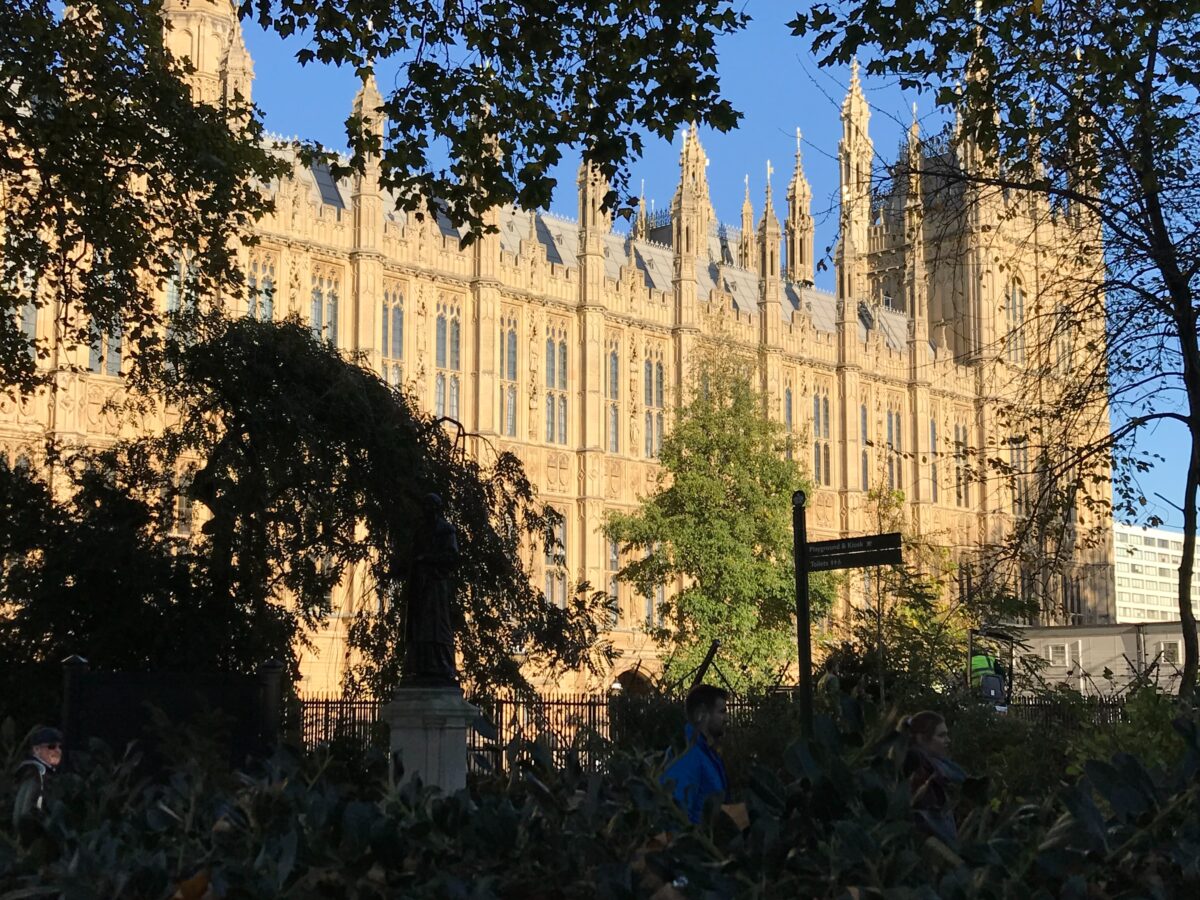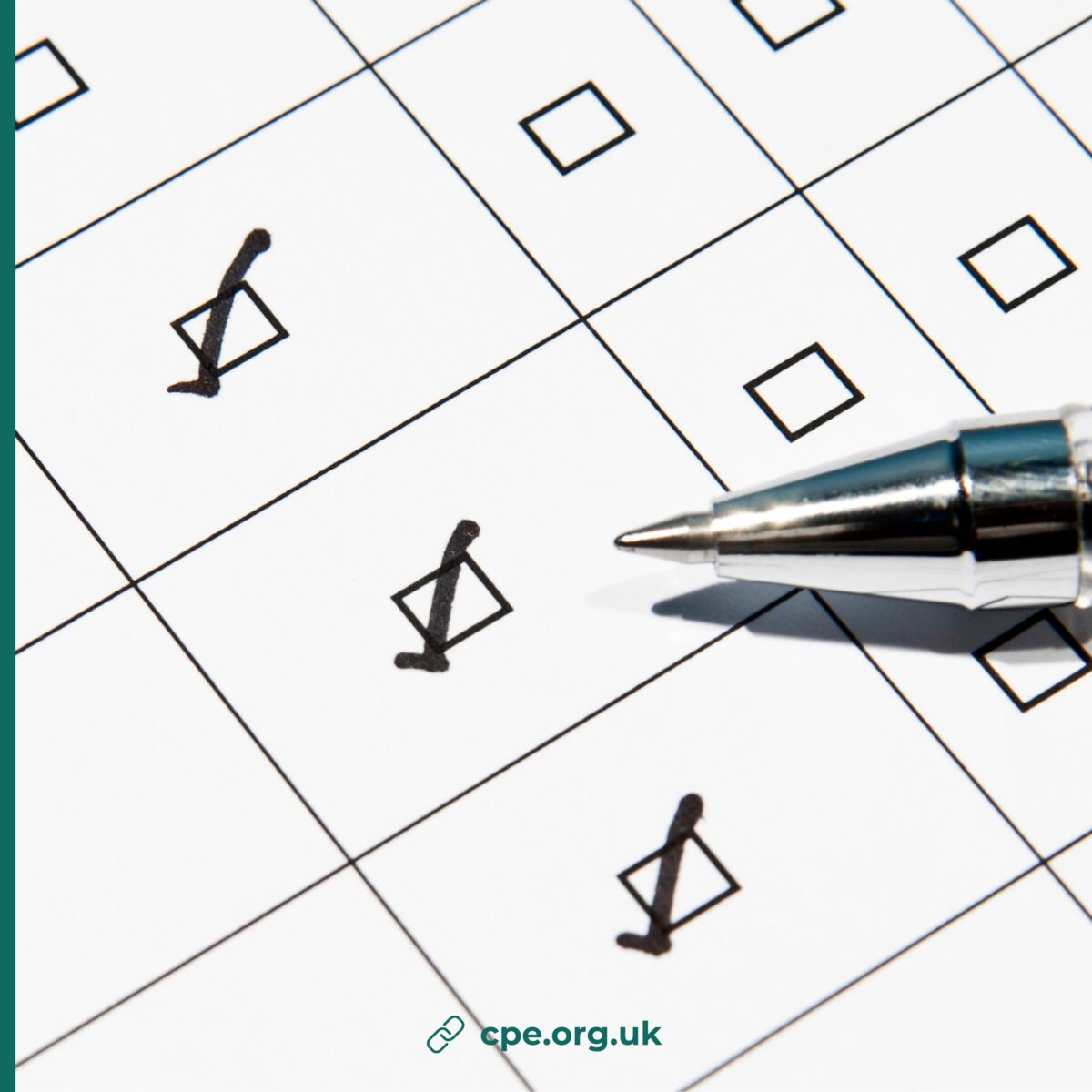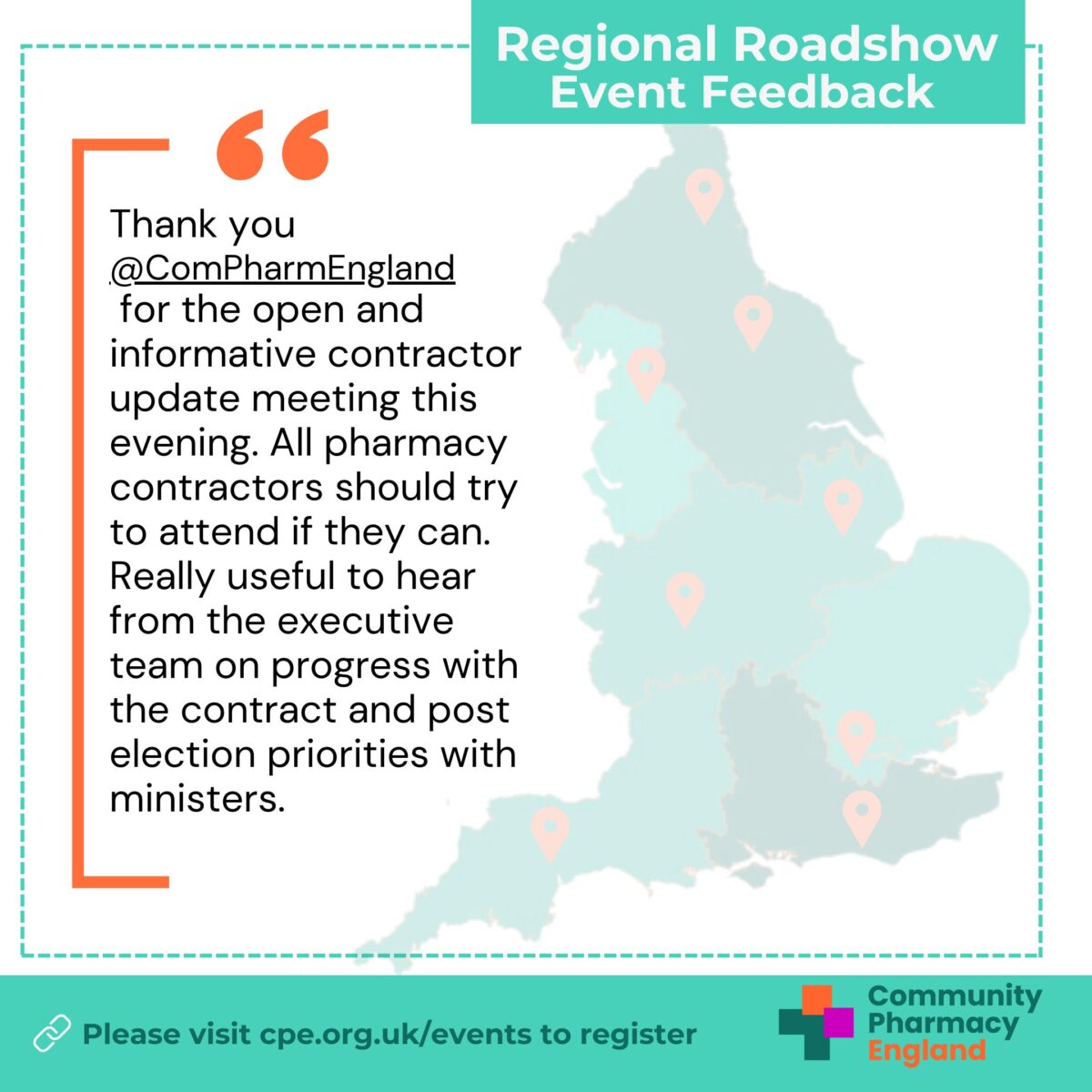Updated: C-19 vacs – NHSE extends contracts until 31st August
News story updated on 8th February 2024, following publication of the JCVI advice
NHS England has written to pharmacies currently providing the COVID-19 vaccination service to ask whether they would be willing to extend the duration of their current contract to provide the service until 31st August 2024.
This extension is to provide cover for a Spring booster programme, in line with the advice of the Joint Committee on Vaccination and Immunisation (JCVI), which was published on 7th February 2024.
Target groups
The JCVI advice, which has been accepted by Government, recommends the following groups are offered a booster vaccination:
- adults aged 75 years and over
- residents in a care home for older adults
- individuals aged 6 months and over who are immunosuppressed (as defined in tables 3 or 4 in the COVID-19 chapter of the Green Book)
The JCVI goes on to say, the booster should be offered around 6 months after the last vaccine dose, although operational flexibility around the timing of the spring dose in relation to the last vaccine dose is considered appropriate (with a minimum interval of 3 months between doses). More information on operational flexibility will be provided in the COVID-19 chapter of the Green Book.
Advice is also provided to NHS England on the selection of vaccines for use in the programme.
NHS England invitation
NHS England are inviting pharmacies already contracted to provide the C-19 vaccination service to let their local commissioner know, by 22nd February 2024, if they are able to continue providing the COVID-19 vaccination service from 31st March 2024 to 31st August 2024 and are content for their contracts to be extended.
NHS England hope as many current pharmacy providers of the service as possible will be able to continue to support the Spring campaign and help protect the nation’s most vulnerable populations.
The Enhanced service specification has been updated and published on the NHS England website:
Community Pharmacy Enhanced Service COVID-19 vaccination programme: September 2023 to August 2024
Minimal changes have been made to the service specification, with the exception of the end date and payment arrangements from 1st April 2024 (see below).
Funding
The COVID-19 vaccinations fee for the period of the contract extension remains at £7.54 per vaccination.
In response to our arguments on funding, NHS England has however agreed that for the Spring campaign only, an additional payment of £2.50 per administered vaccination will be made.
The additional payment is to recognise that a Spring booster programme is unable to benefit from cost efficiencies linked to co-administration of COVID-19 and flu vaccines, which was part of NHS England’s original rationale for the reduction in the fees they imposed last year.
Alongside the above fees, pharmacy owners that vaccinate a housebound patient in their home (not in a care home) will be able to claim an additional £10 fee.
Commenting on the announcement, Alastair Buxton, Director of NHS Services at Community Pharmacy England, said:
“The additional supplemental fee for the Spring COVID-19 booster programme is a welcome move by NHS England in response to the case we put to them on the need for additional funding.
“However, we still do not believe the baseline funding for the service is adequate. Despite the arguments for increased funding we put to NHS England, the baseline funding doesn’t recognise the recent inflationary increases in costs pharmacy owners have suffered, nor will it provide for the entirely predictable increases in costs which will be seen over the year ahead, such as the increase in the national minimum wage.”
JCVI commentary on future C-19 vaccination programmes
In their advice, JCVI have also commented on considerations on future of C-19 vaccination programmes beyond spring 2024, noting that as a consequence of the combination of naturally acquired and vaccine-derived immunity in the population (hybrid immunity), COVID-19 is now a relatively mild disease for the vast majority of people. They go on to say this ongoing increase in population immunity permits the development of a more targeted programme aimed at those at higher risk of developing serious COVID-19 disease.
COVID-19 has not yet settled into a stable pattern of clear seasonality and JCVI will continue to review the optimal timing and frequency of COVID-19 vaccination beyond spring 2024. Based on the most recent cost-effectiveness assessment, they say it is anticipated that any autumn 2024 campaign would likely be smaller than previous autumn COVID-19 campaigns.
They continue by stating currently available COVID-19 vaccines provide good protection against severe COVID-19 disease (hospitalisation and mortality). However, protection against asymptomatic or mild COVID-19 due to currently circulating highly transmissible SARS-CoV-2 variants is only modest and of short duration. The value of COVID-19 vaccination as a means to reduce transmission of infection from one person to another is accordingly limited. These factors will influence the value of future routine COVID-19 vaccination for groups such as healthcare workers and household contacts of immunosuppressed individuals.









